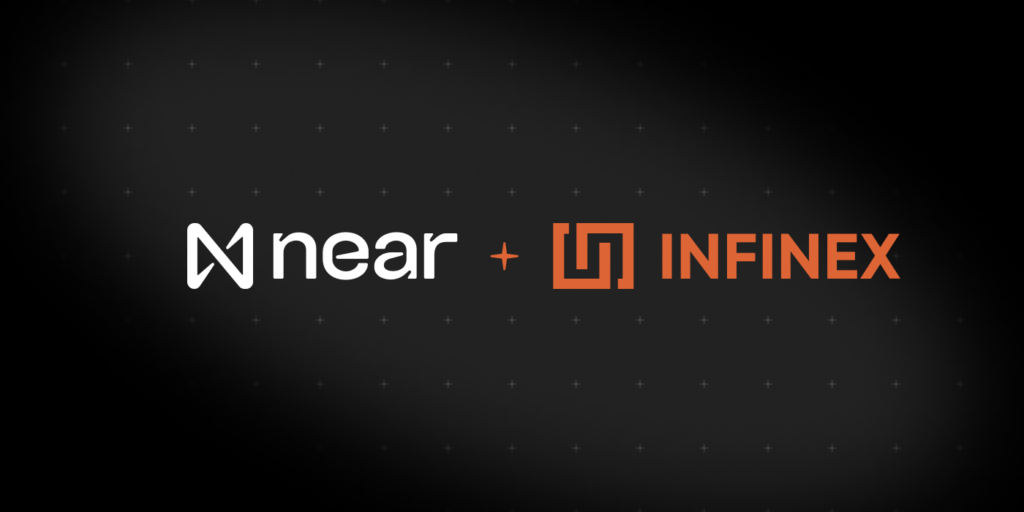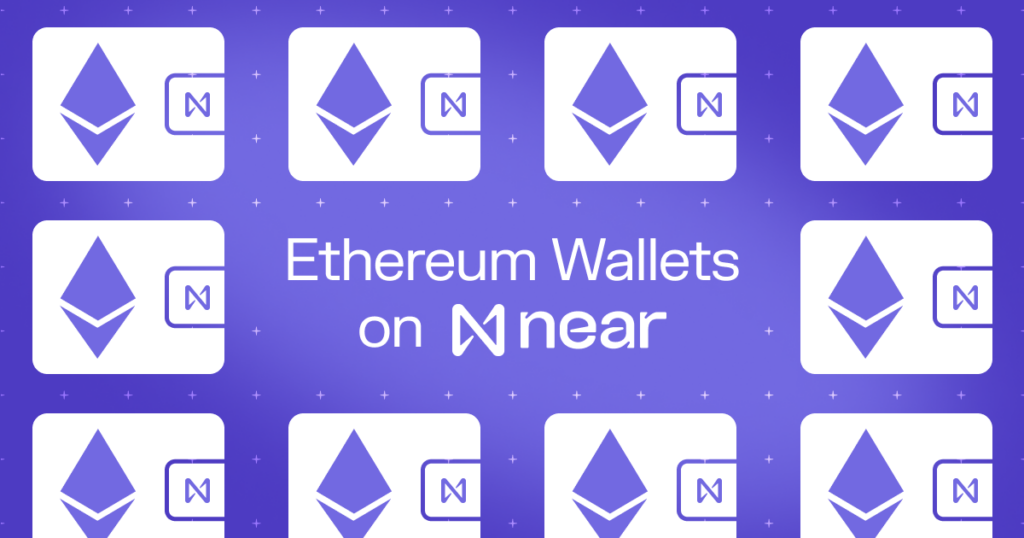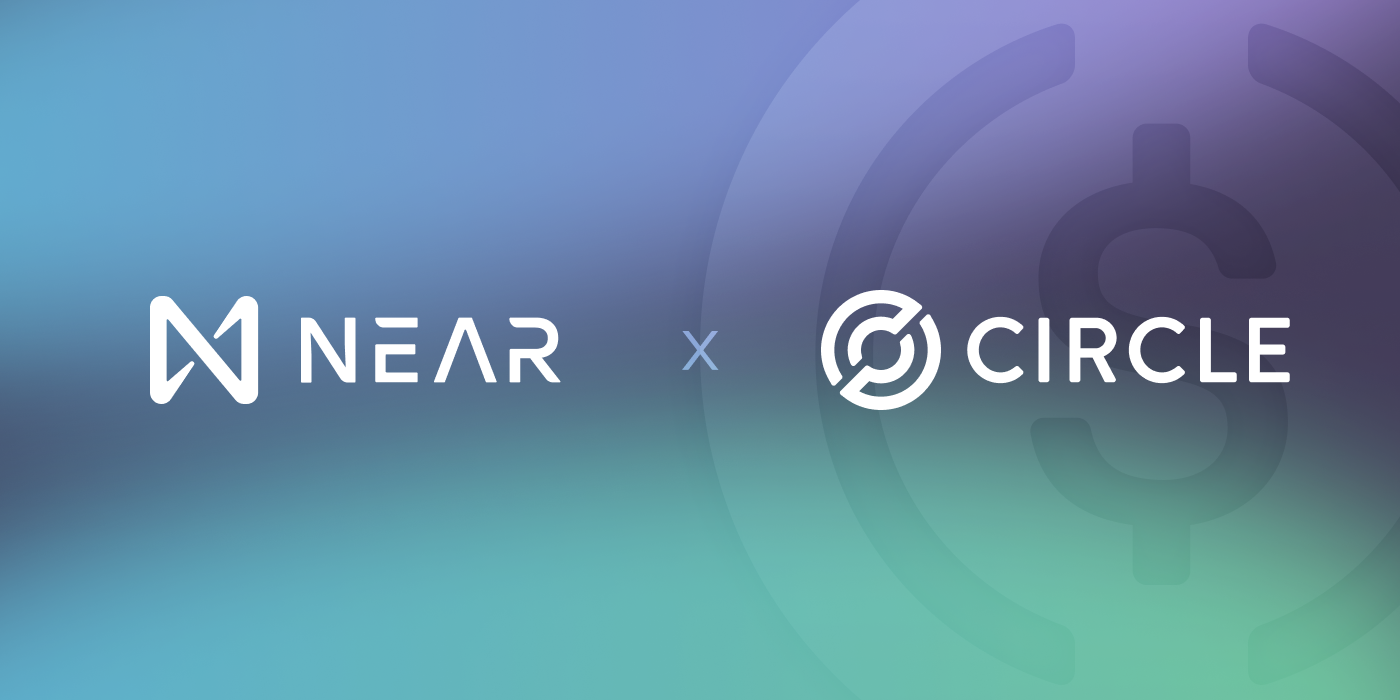NEAR and Circle Announce USDC Support for Multi-Chain Ecosystem
Big news coming out of the Converge22 conference in San Francisco this week. Circle Internet Financial, a global digital fintech firm and the issuer of USD Coin (USDC), announced a partnership with NEAR that will make USDC widely available on the NEAR ecosystem by the end of 2022.
Having USDC on NEAR is definitely a reason to celebrate. Circle will also make USDC available on other platforms to support a multi-chain ecosystem.
Powering NEAR developers
Bringing USDC to NEAR will help empower developers to integrate stablecoin payments flows into their Javascript and Rust-based decentralized applications. This will unlock a new wave of accessibility for Web2 builders moving into Web3. It will also serve a vital role in NEAR’s mission of Web3 mass adoption, while helping developers build without limits.
“The multi-chain expansion increases USDC’s native availability from eight ecosystems to thirteen, and enables blockchain developers building on USDC and their users to experience greater liquidity and interoperability within the crypto economy,” said Joao Reginatto, VP of Product at Circle. “Extending multi-chain support for USDC opens the door for institutions, exchanges, developers and more to build their innovations and have easier access to a trusted and stable asset.”
Bringing USDC to NEAR is a big win for developers, who will now be able to integrate stablecoin payment flows into Javascript or Rust-based dApps. This will help usher in a new wave of accessibility for Web 2 builders making the shift to Web3.
What to know about stablecoins
A stablecoin is simply a cryptocurrency that is “pegged” to a more traditional currency like USD or EURO. Through various treasury and/or collateral models, they are designed to keep a 1:1 value, or parity, with their pegged counterparts. Stablecoins can also be pegged to credit and/or debt or have no collateral at all, as seen in algorithmic stablecoins.
Their presence in the Web3 ecosystem brings a sense of familiarity for natives and newcomers alike. A stablecoin is also a sort of on-ramp to understanding token economics—the gas that powers Web3 and beyond.
While designed to reduce cryptocurrency volatility, stablecoins present their own set of risks. When centralized, stablecoins can be victims of hacks, theft, or even over-printing which can lead to hyperinflation. If an algorithmic stablecoin experiences algorithmic failure, as happened with Terra and its sister currency, Luna, the stablecoin can fail. If a stablecoin is fractionally reserved instead of fully backed, there can be a bank run that triggers a dramatic stablecoin price drop.
Visit ref.finance for more information including the risks associated with investments.
Share this:
Join the community:
Follow NEAR:
More posts from our blog



